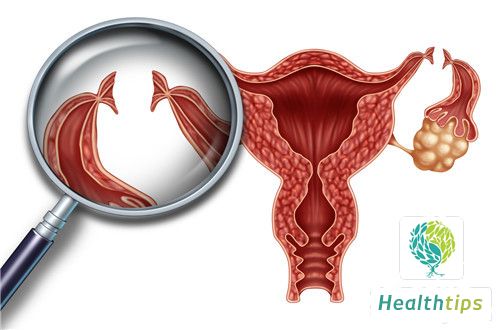Why Do I Feel Bloated After Eating?
Stomach bloating after eating is common in daily life, and there are many possible causes. For instance, eating too quickly can allow too much air to enter the stomach and intestines, leading to this condition. Additionally, it may be related to certain diseases, such as gastrointestinal disorders and liver and gallbladder diseases, which can also cause this type of symptom. Furthermore, psychological and emotional factors may also play a role, as excessive stress can contribute to the issue. If stomach bloating persists and does not improve, it is advisable to consult a doctor for further examination.

1. Indigestion: Some individuals may have a weak stomach due to poor health, leading to indigestion and stomach bloating after consuming certain stimulating or difficult-to-digest foods. Additionally, imbalances in gut bacteria can cause an accumulation of gas in the intestines, resulting in bloating.
2. Organic Diseases: Organic diseases such as gastrointestinal tumors, chronic gastritis, gastric ulcer, gastroptosis, gastric dilatation, and pyloric stenosis can all lead to gas accumulation in the gastrointestinal tract, manifesting as a sense of bloating and gas retention in the abdomen. When there is excessive gas accumulation, patients may experience discomfort, manifesting as belching, abdominal distension, and hyperactive bowel sounds.
3. Functional Diseases: Functional diseases such as indigestion, irritable bowel syndrome (constipation type), and neurosis can also cause stomach bloating. These conditions are often severe and should not be taken lightly.
4. Gastrointestinal Diseases: Gastrointestinal diseases like chronic gastritis, gastric ulcer, enteritis, intestinal obstruction, and chronic constipation can also lead to stomach bloating. These diseases can affect digestion, resulting in the production of excess gas in the stomach.
5. Gastrointestinal Dysfunction: This can manifest as impaired gas absorption and excretion in the gastrointestinal tract. Certain factors can weaken or eliminate gastrointestinal motility, leading to the accumulation of gas within the body and subsequent bloating.
6. Excessive Stomach Acid: Excessive stomach acid can react with pancreatic juice to produce carbon dioxide, which cannot be absorbed by the intestines. This can lead to the accumulation of gas and subsequent bloating and hiccupping.
7. Stress: It is a common misconception that stress and stomach bloating are unrelated. However, stress can significantly impact gastrointestinal function, leading to conditions such as excessive stomach acid, slowed or accelerated intestinal motility. Excessive stomach acid can damage the gastric mucosa, while accelerated motility can cause frequent diarrhea, and slowed motility can lead to bloating.



















